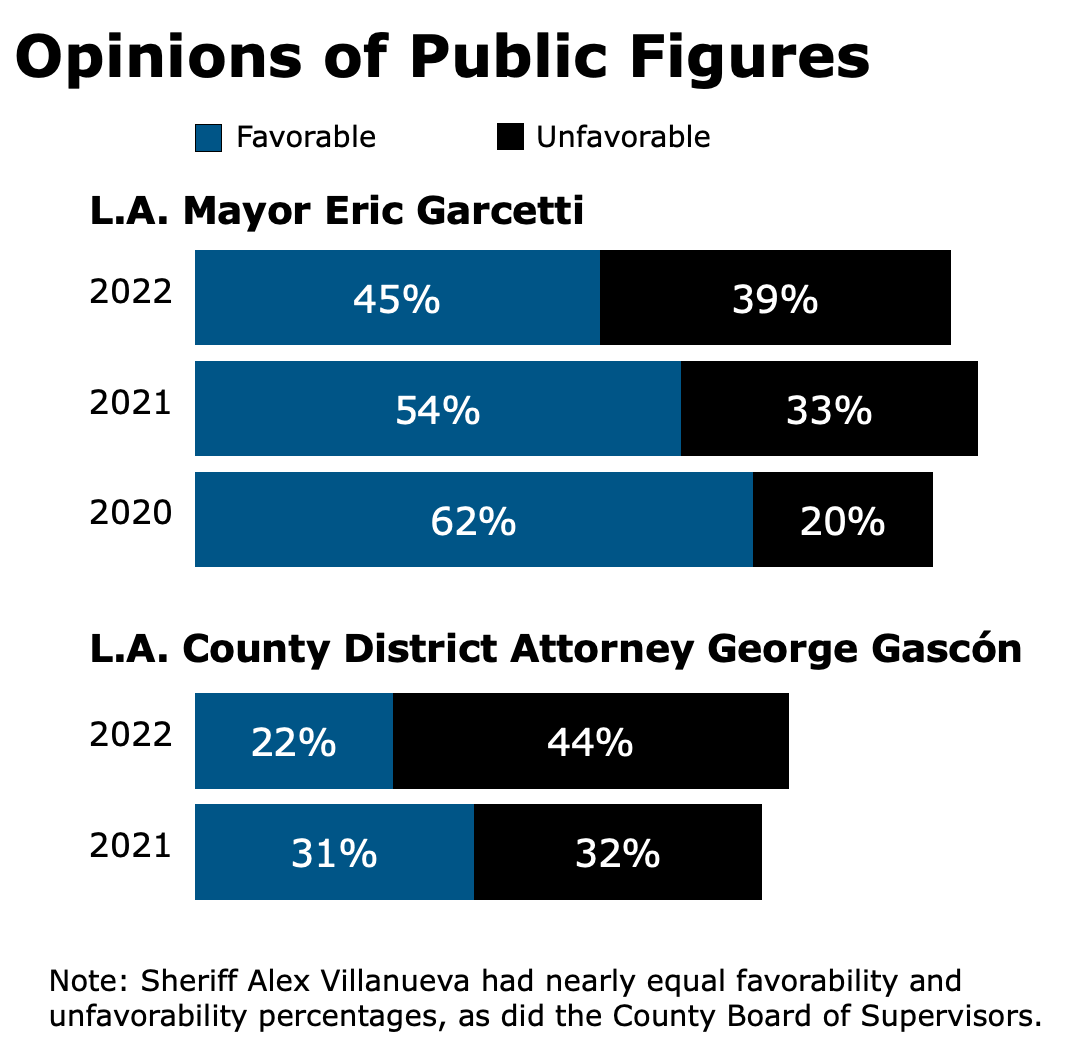Jim Newton Receives 2022 Carey McWilliams Award Editor-in-chief of UCLA Blueprint magazine receives honor recognizing journalistic contributions to society’s understanding of politics
By Les Dunseith
UCLA’s Jim Newton is the winner of the Carey McWilliams Award, which honors a journalist or organization each year for intellectual forthrightness and political independence.
Newton is the founding editor-in-chief of Blueprint magazine, which is based at the UCLA Luskin School of Public Affairs. He’s also a lecturer in the departments of public policy and communications studies.
The McWilliams Award has been given since 1982 by the American Political Science Association in memory of a California lawyer who became an influential political leader, author and editor. McWilliams edited The Nation magazine from 1955 to 1975 and wrote landmark books that focused on migrant farm workers in California and the World War II internment of Japanese Americans.
“I’m deeply honored by this prize and especially by the thought that it binds my name, in some small way, to that of McWilliams, who has long been a personal polestar of integrity and wisdom,” Newton said.
The award, which recognizes Newton’s work at UCLA and other accomplishments, was officially presented Sept. 14 in Montreal at the association’s annual meeting. He has written several books about historical figures of political importance with a California connection, including former CIA chief and Secretary of Defense Leon Panetta, Supreme Court Justice Earl Warren and former Gov. Jerry Brown. At the Los Angeles Times, he was a reporter, editor, columnist, bureau chief, editorial page editor and editor-at-large.
Past recipients of the award include well-known broadcast journalists such as Judy Woodruff, Bill Moyers, Lesley Stahl and Nina Totenberg; other respected newspaper writers such as Seymour Hersh, Molly Ivins and Ronald Brownstein; authors and professors; plus chroniclers of political discourse from a diverse array of outlets that includes the New York Times, Washington Post, Cook Political Report, the Congressional Quarterly, National Public Radio and the Huffington Post.
UCLA Luskin colleague Zev Yaroslavsky first became aware of Newton’s tough-but-fair journalistic approach during his time as an elected official in Los Angeles.
“Jim’s coverage of the LAPD — and the reforms spawned by the Rodney King beating and the Rampart scandal — is still the gold standard” for news reporting in Los Angeles, Yaroslavsky wrote in a letter recommending Newton for the McWilliams award.
Henry Weinstein, a former L.A. Times colleague who is now on the faculty at UC Irvine Law, also wrote an award nomination letter. “He is a potent and graceful practitioner of what I call ‘the Journalism of Illumination’ — articles and books that take a reader deep into important subjects, regardless of whether they occurred yesterday or 75 years ago — just as McWilliams did in an earlier era.”
A third recommendation letter came from a former Times colleague who has continued to work with Newton as a frequent writer for UCLA Blueprint, Lisa Fung. She praised Newton’s ability to build connections among the worlds of politics, journalism and academia.
“It’s become increasingly difficult to understand the motivations of government and policy officials, but through his work as a writer, editor, author and educator, Jim is leading the charge to bring about change and to show people why they should care,” Fung wrote.
Newton said his appreciation of McWilliams grew while writing his book about Warren, the former chief justice of the United States. In fact, as governor of California, Warren clashed with McWilliams and actually fired him from a government job in part because he was an outspoken critic of the internment of Japanese Americans during World War II.
“McWilliams is the only principled person at the time who stood up and said, ‘This is a bad idea,’” Newton said.
He founded Blueprint magazine, which is based at the Luskin School and distributed online and in print twice yearly, as a way to connect intellectuals to policymakers in light of what he perceives as a growing need.
“The policy universe, in particular, had really been stripped of a lot of its research apparatus just over the time that I had been covering it,” Newton said. “It’s true at the city, county and state levels — legislative analysts just don’t have the firepower they once did.”
Filling that gap was the germinating notion of Blueprint, which often highlights academic researchers who are tackling policy questions.
“Let’s make policymakers aware of the research that might inform policy, and let’s also engage researchers in what’s going on in the policy universe,” Newton said.
He imagines an elected official facing a difficult policy issue and eager to find a fresh, independent perspective.
“Instead of just listening to labor or business, you realize that there’s some thoughtful, nonpartisan research that’s being done that can help guide you to a good answer,” said Newton, whose goal is making scholarly research accessible to a non-academic audience.
“We don’t want it to be an academic journal,” he explained. “That’s why it’s brightly colored, and it’s designed the way it is, with illustrations and graphical presentations in print and online.”
UCLA scholars are often featured, but the magazine’s focus extends beyond the university.
“So, we write about Norman Lear or David Axelrod or Joe Stiglitz or Jerry Brown — people who are broadly interesting and who are concerned with culture and politics and civic life,” Newton said.
Blueprint’s press run has been reduced in recent years amid financial constraints, and a plan to publish quarterly instead of twice-yearly was shelved in part because of pandemic-related challenges. But Newton is hopeful for a return to the magazine’s full reach — and even expansion. Meanwhile, production has endured, and reporting for the fall edition is currently underway.
“It’s themed around fear,” said Newton, who noted that fear can be constructive when it drives urgency of action around issues like homelessness or climate change. But, of course, fear also has the potential for harm as a tool for some politicians.
“Immigration would be a good example of the kind of illogical fear of other people that results in policy that’s profoundly misguided,” he said.
The theme is particularly timely with political rhetoric heating up as midterm Congressional elections and races for mayor of Los Angeles and the governor of California loom in November. Fear not, the next edition of Blueprint will be available in mid- to late-October to shed light on the political shadows.
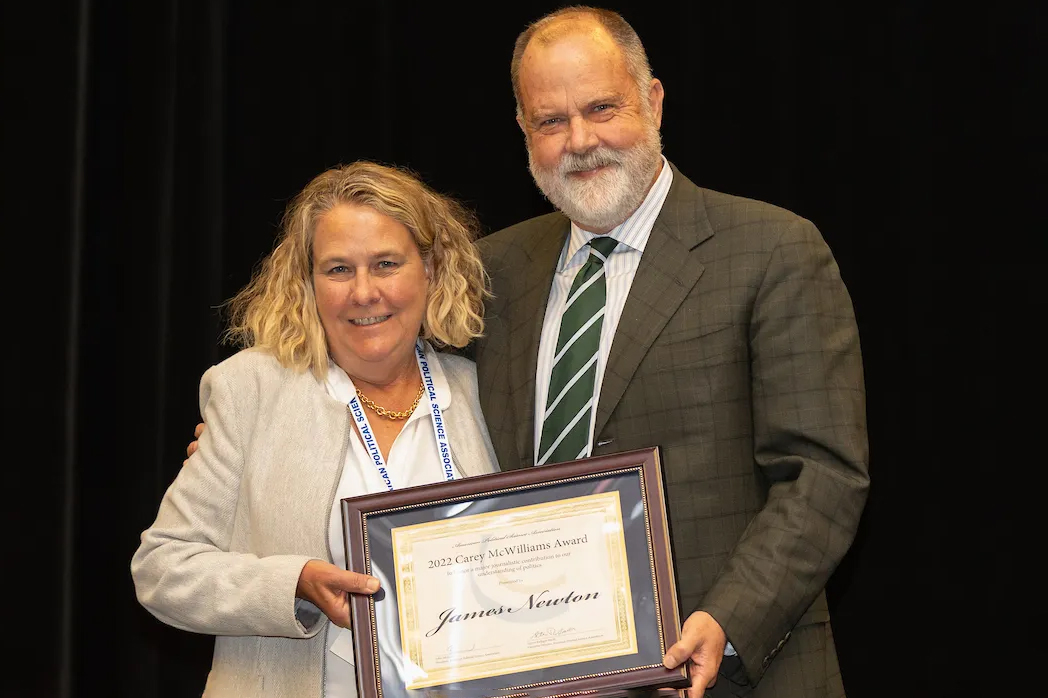
UCLA’s Jim Newton receives the Carey McWilliams Award from Lisa Martin, president-elect of the American Political Science Association. Photo from APSA
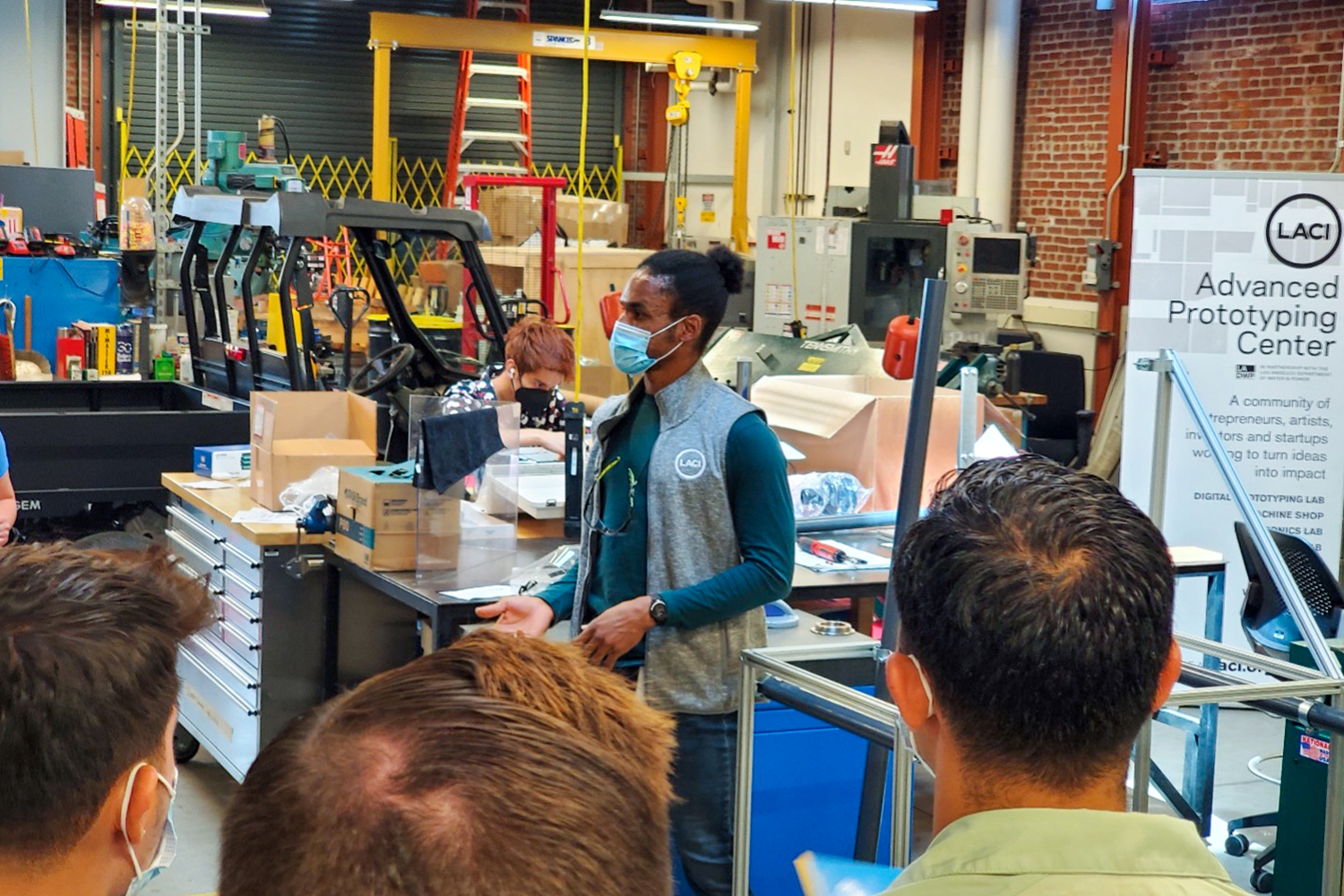
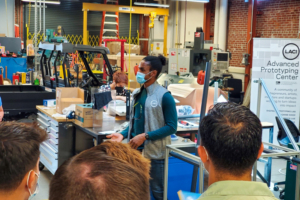
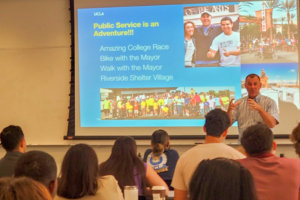
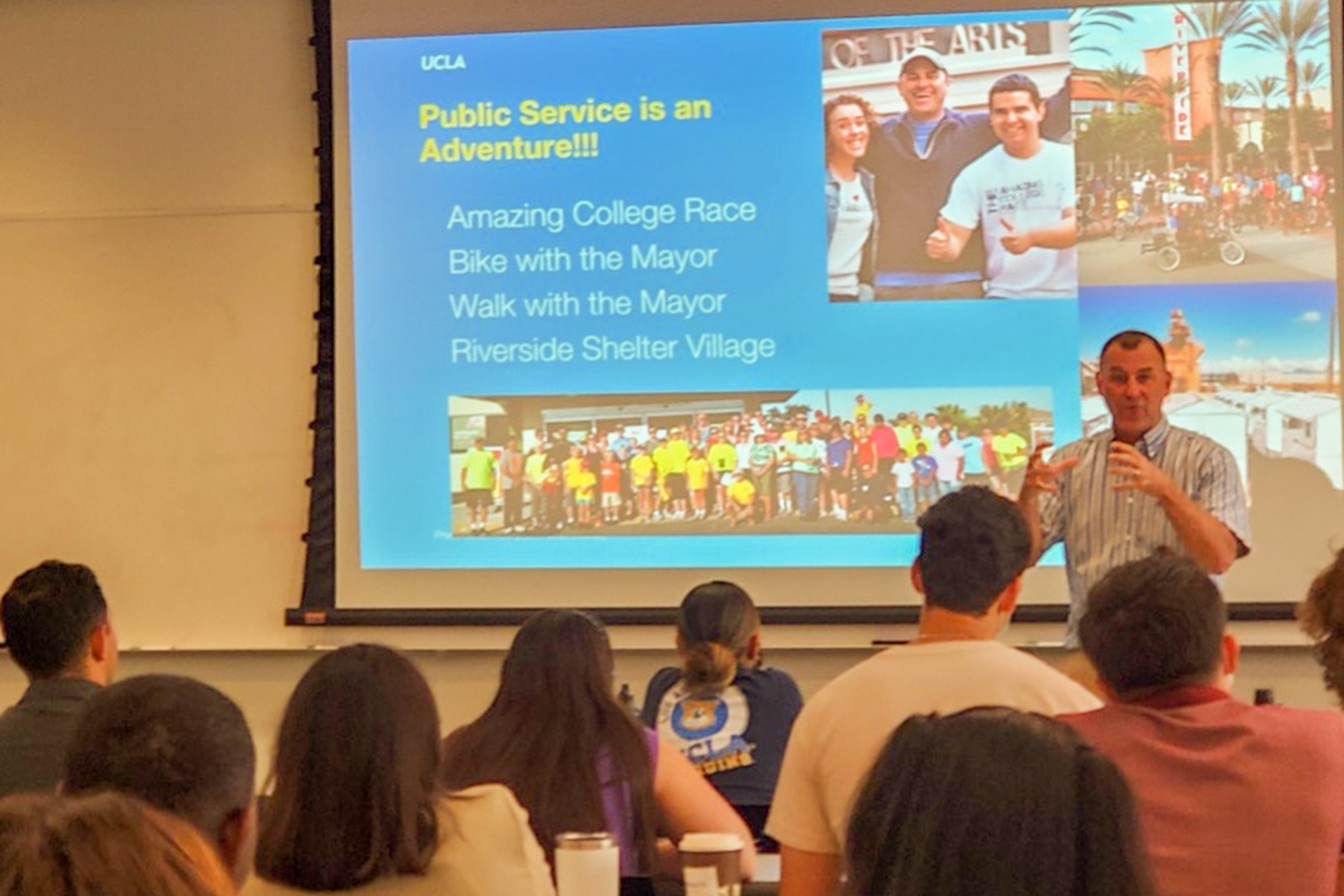
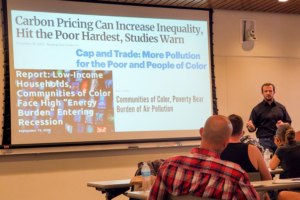
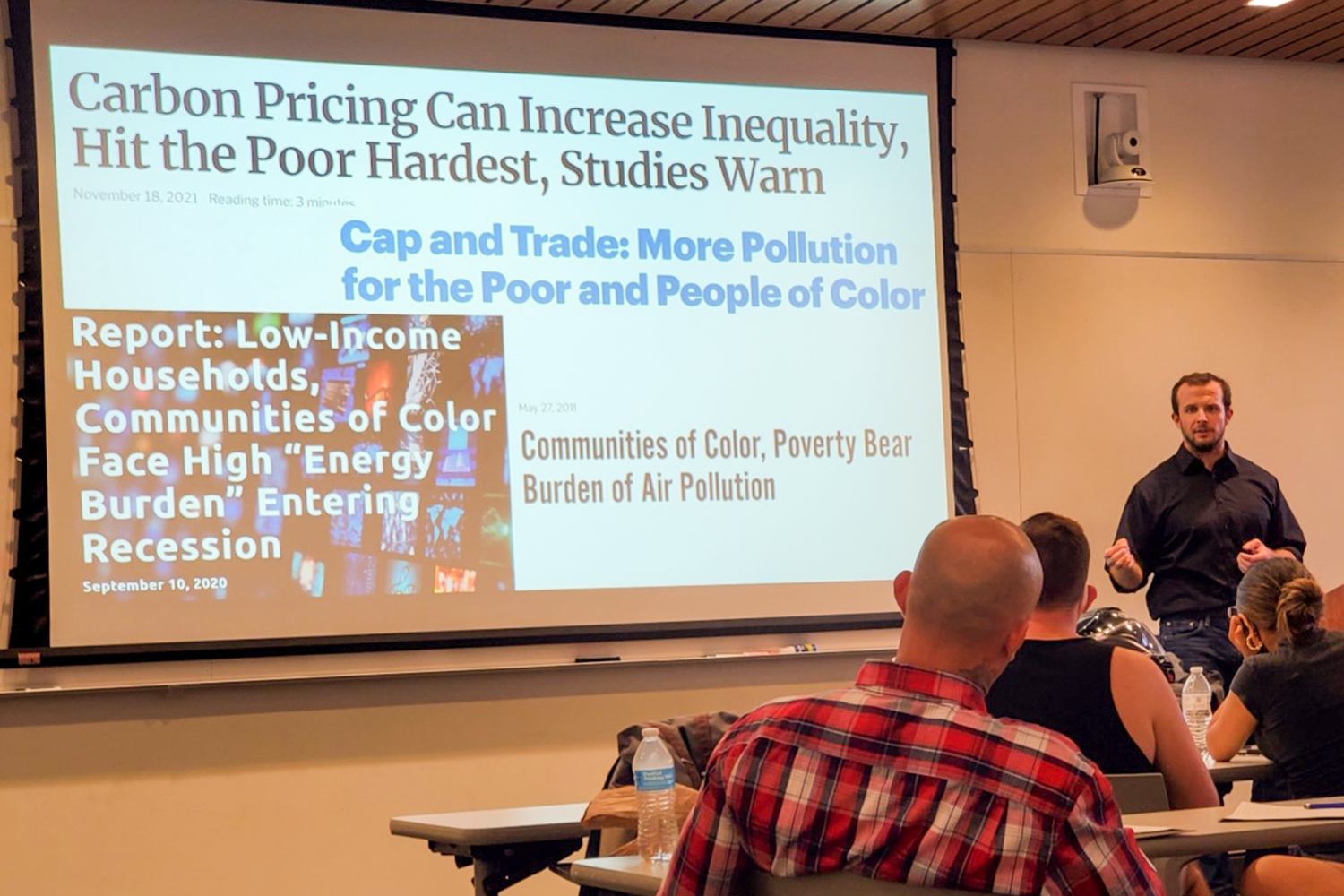
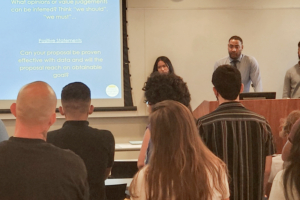
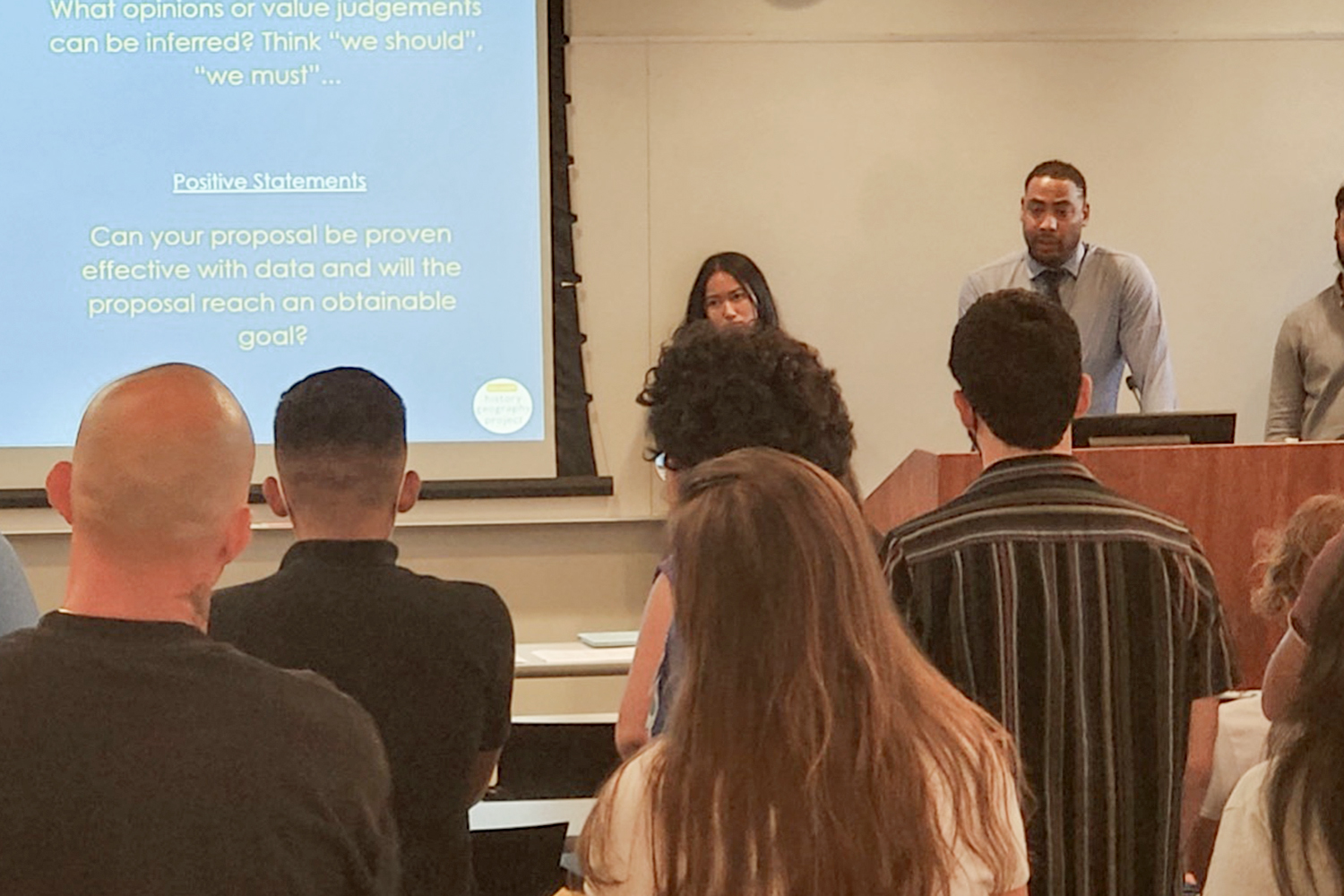
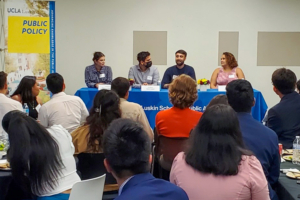
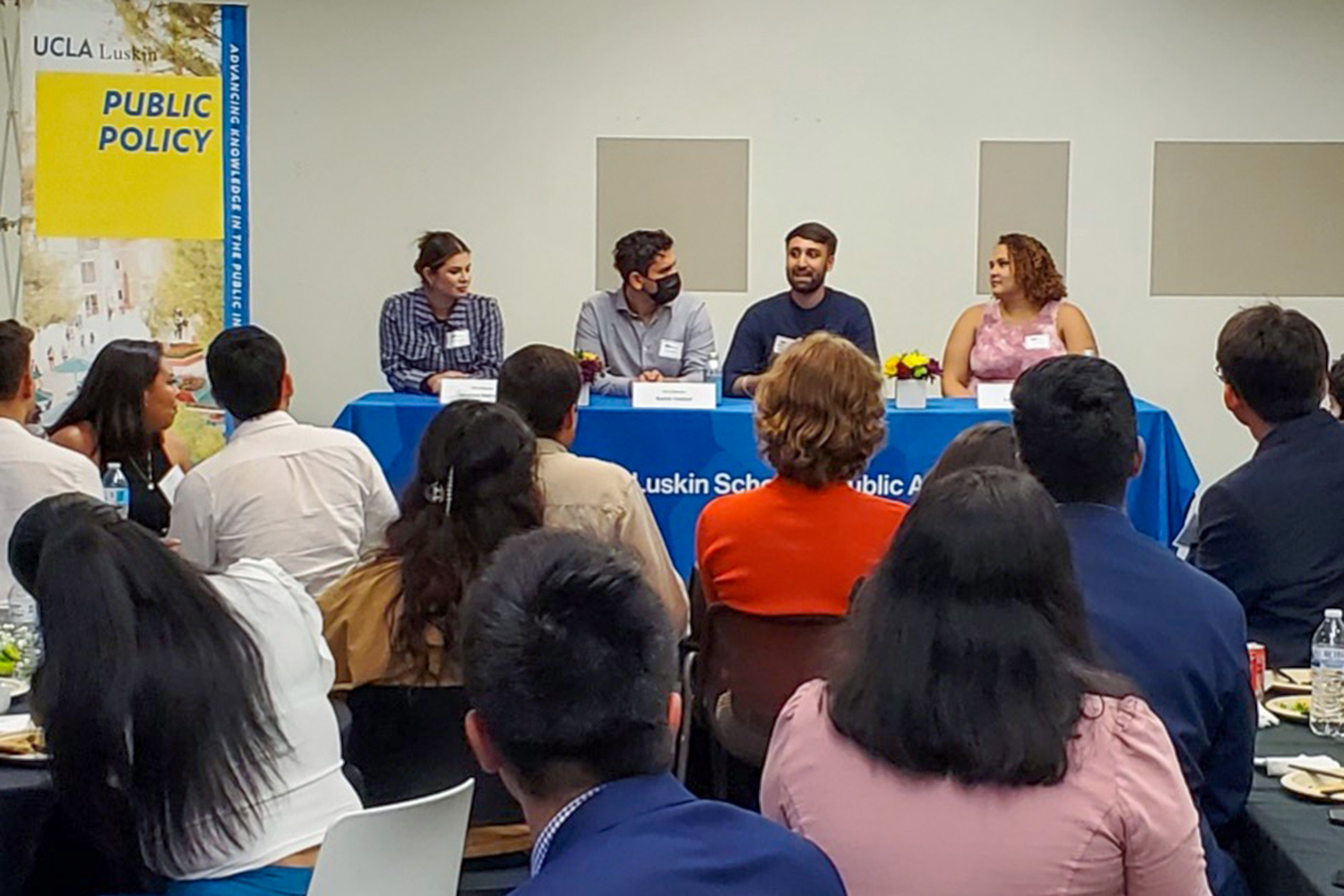
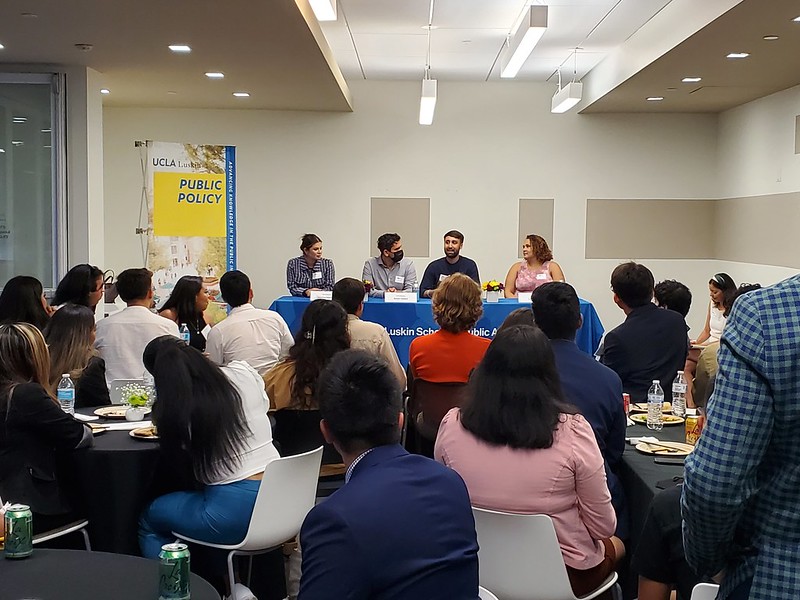
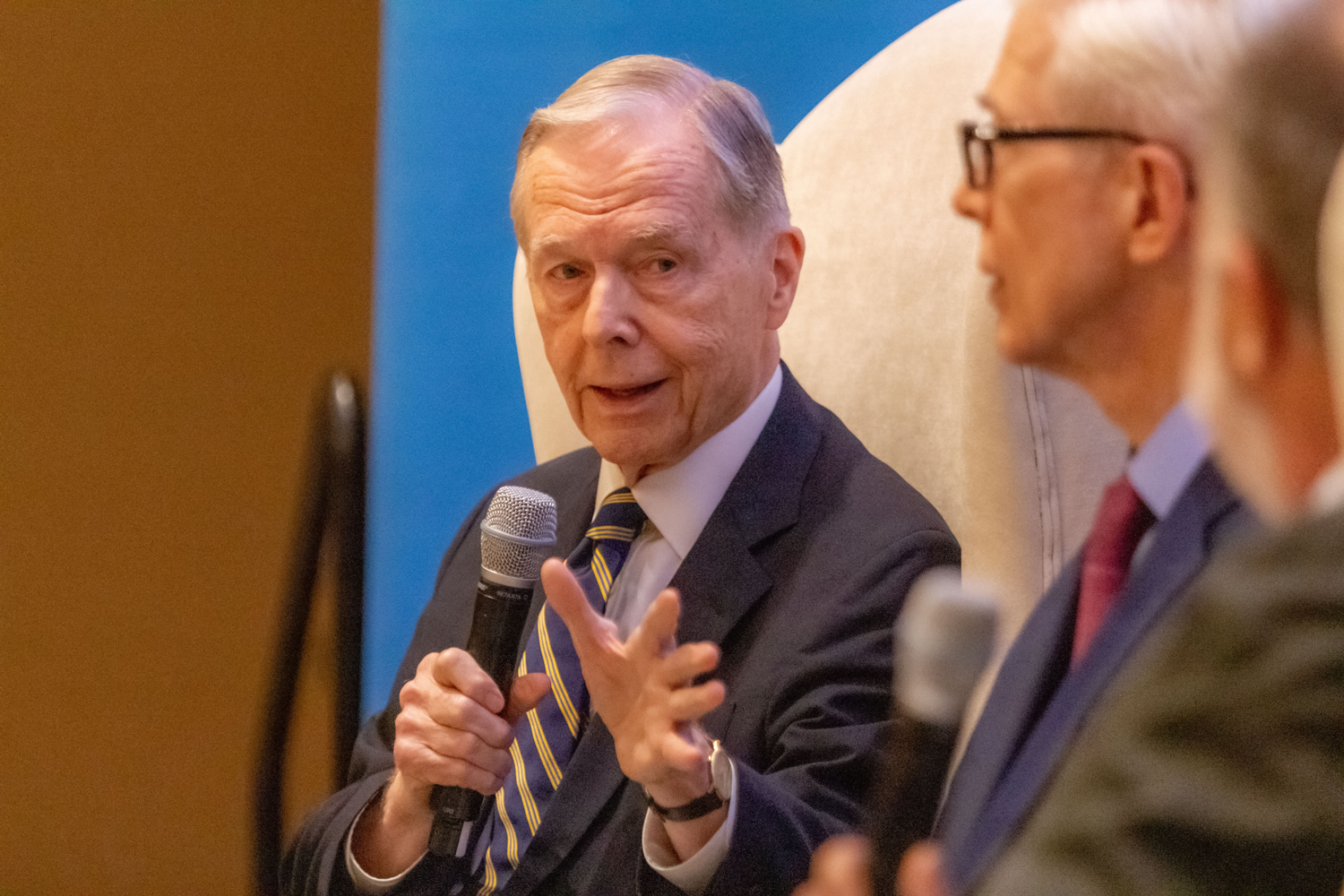
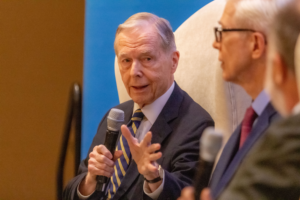
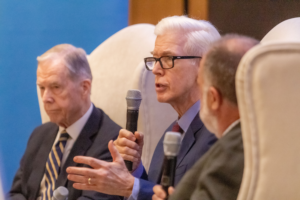
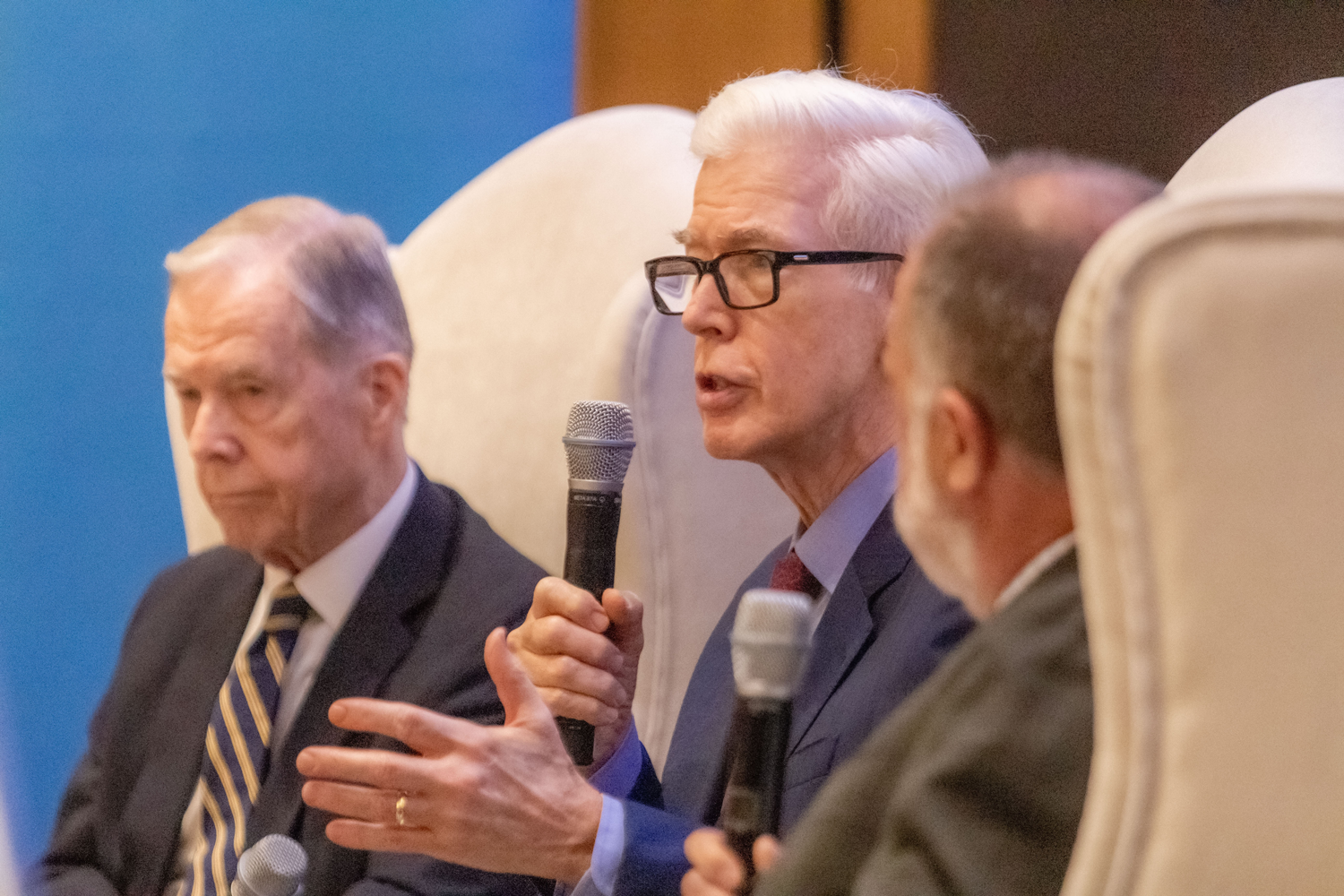
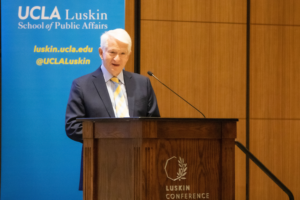
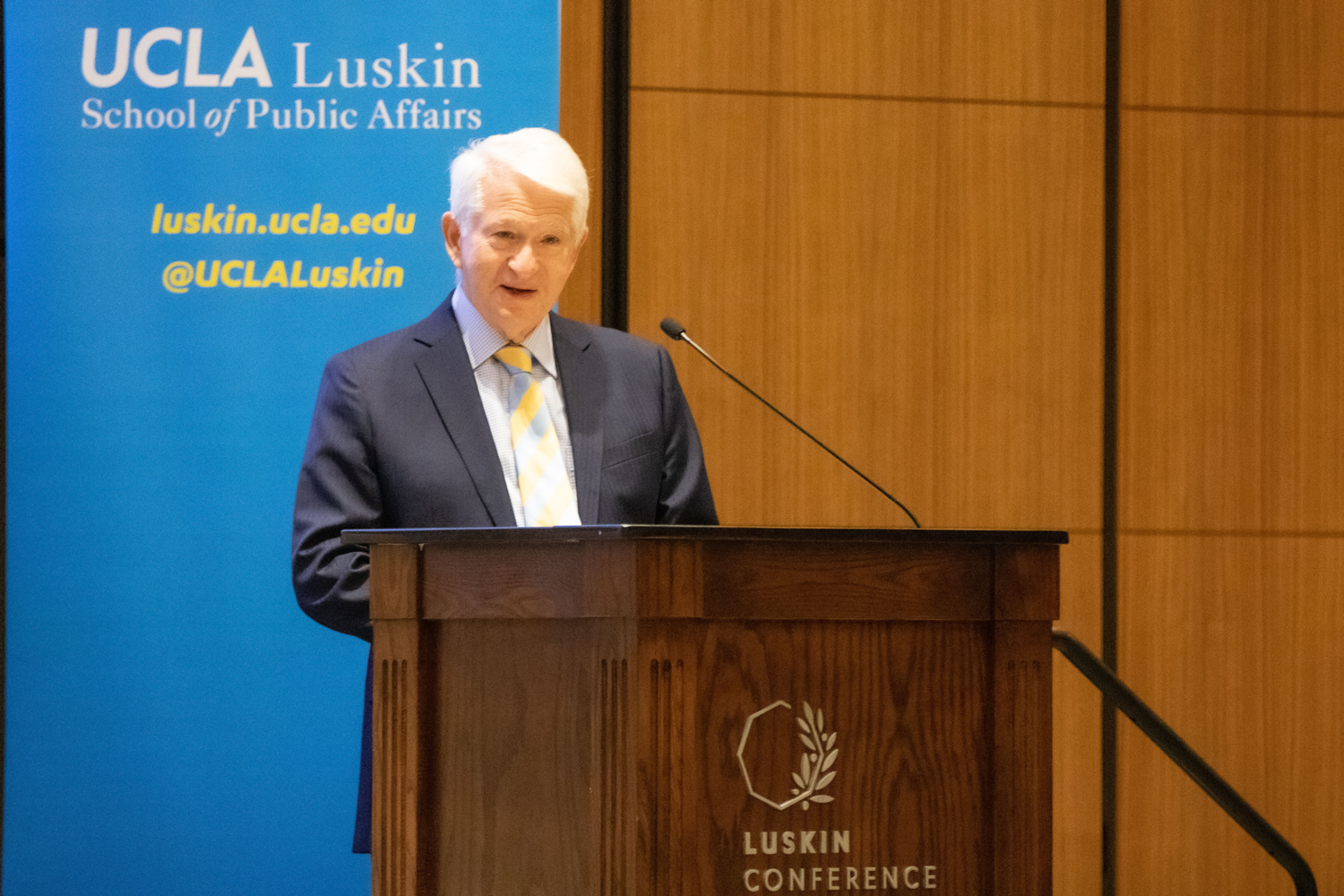
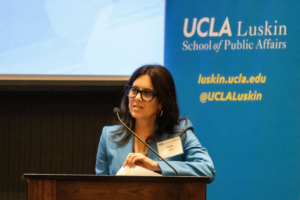

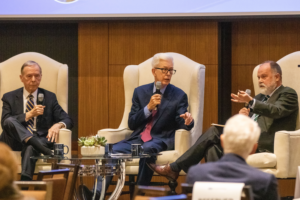
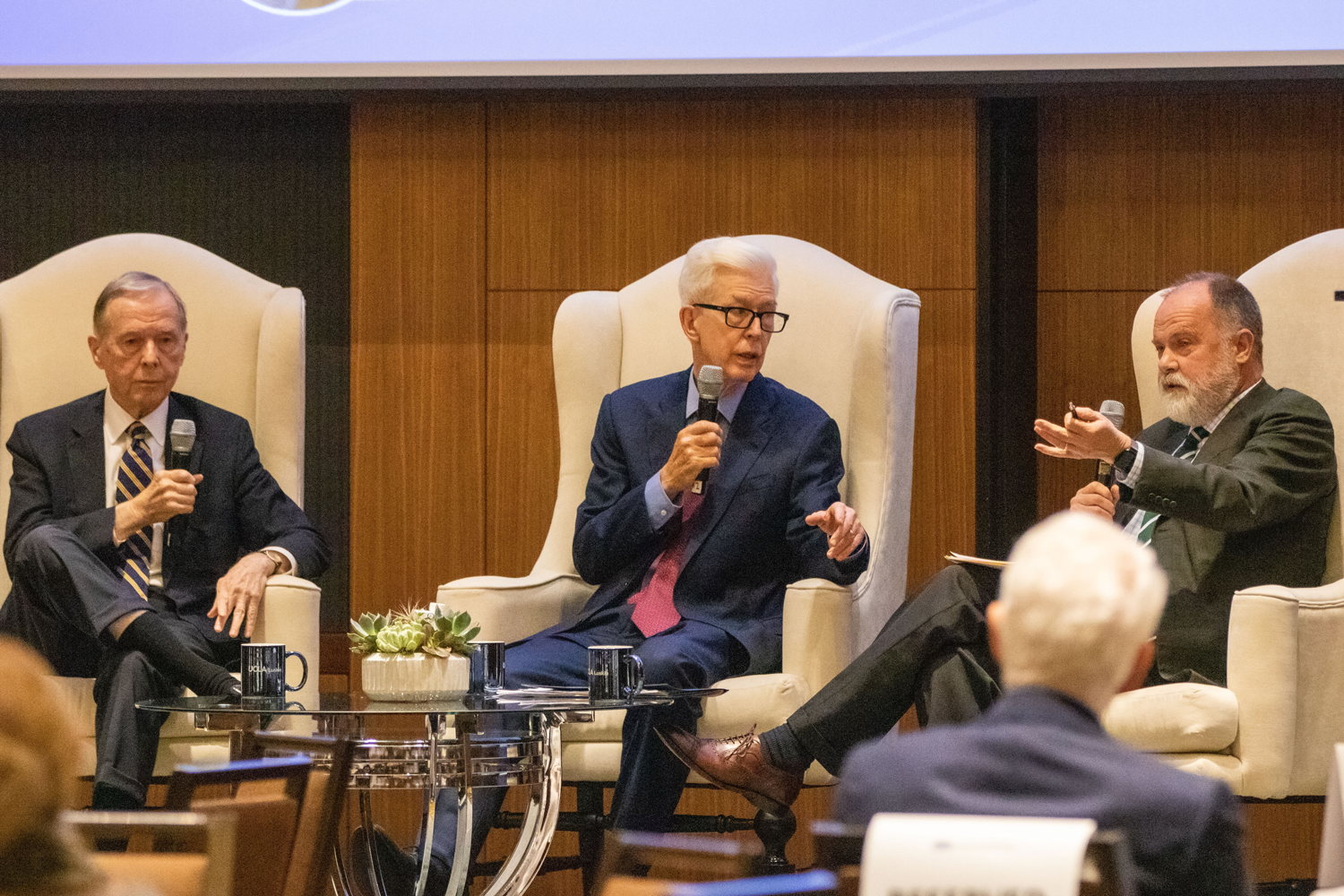

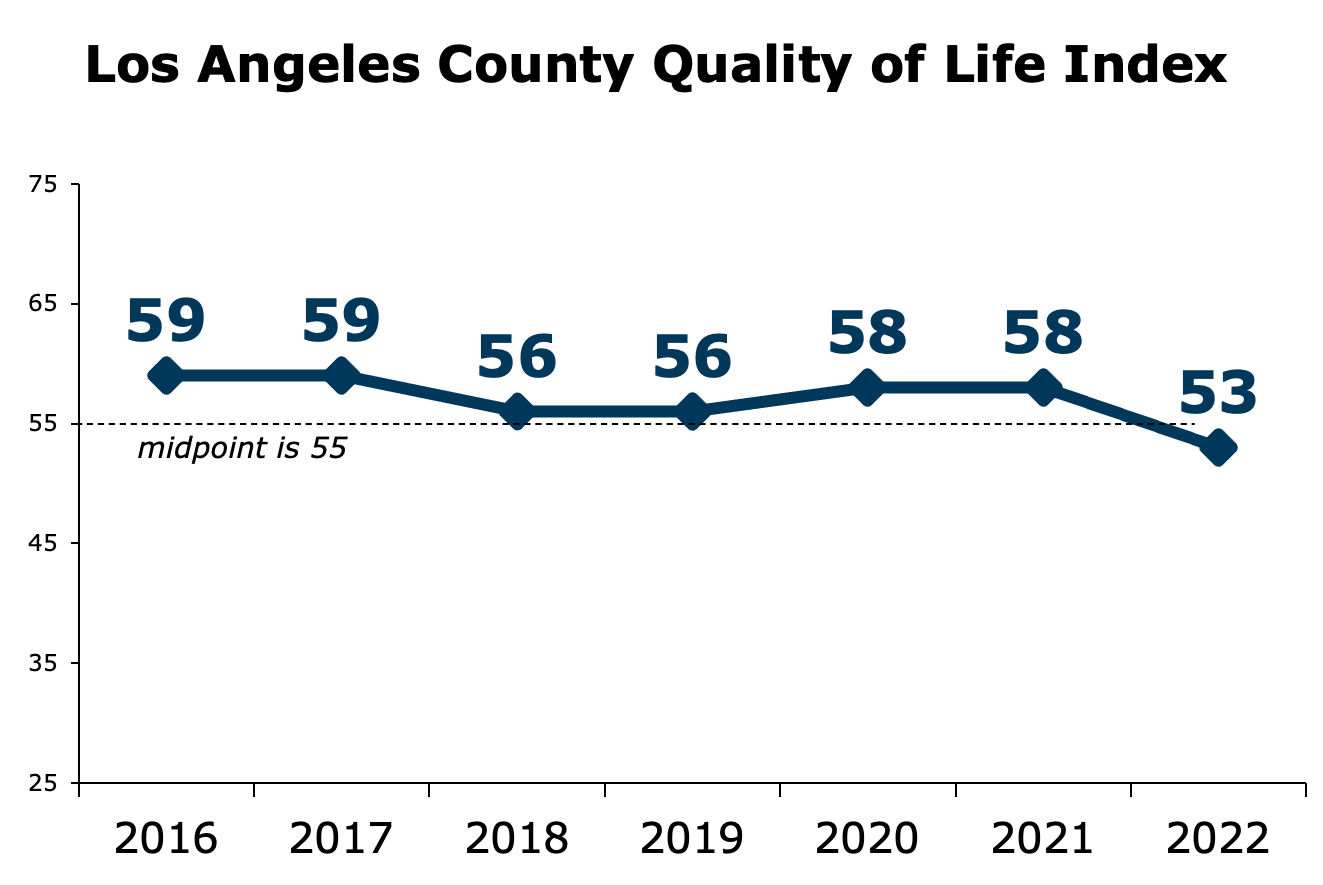
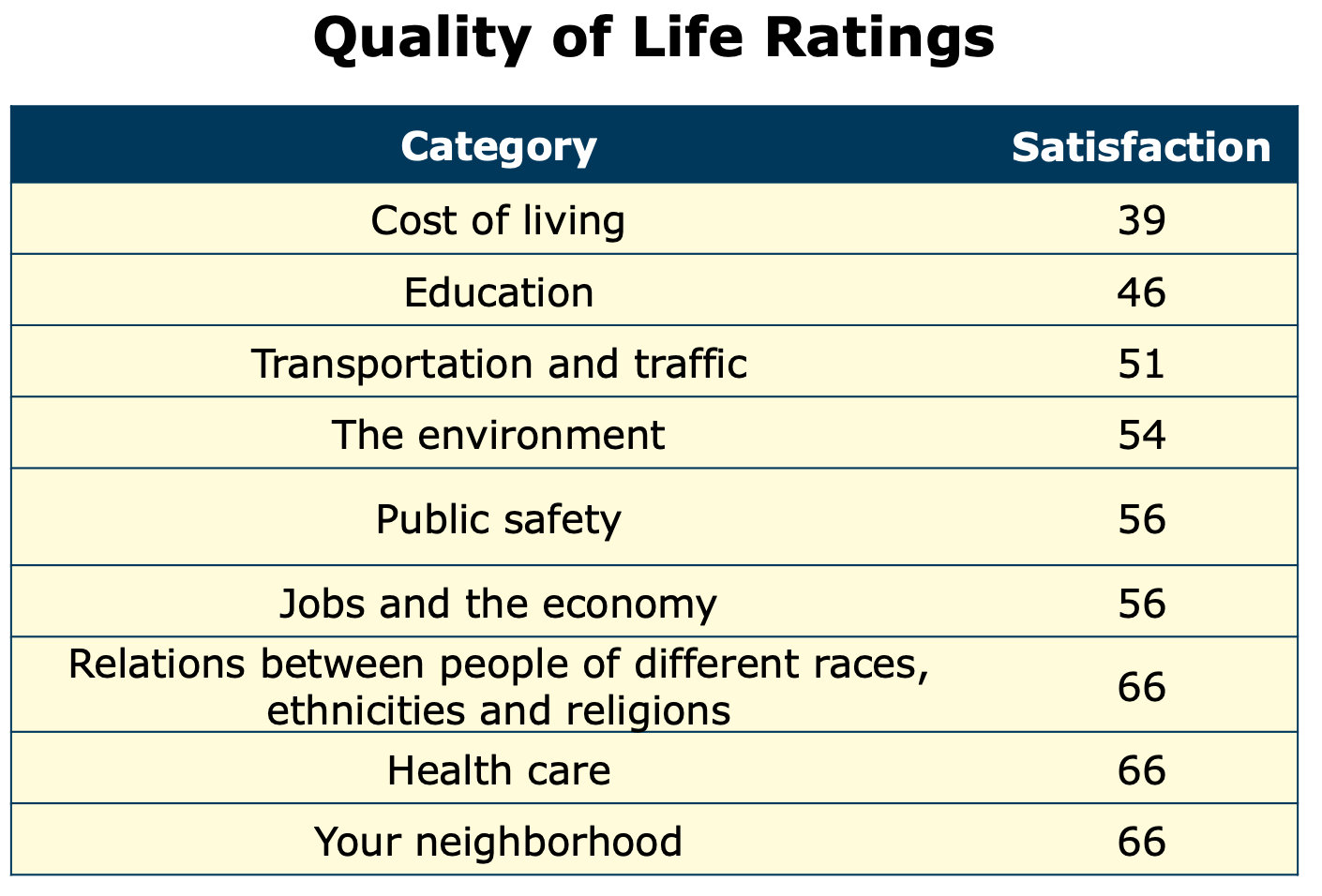 Scores declined in all nine of the survey categories, but the issues that were most responsible for the overall decline were cost of living, education and public safety.
Scores declined in all nine of the survey categories, but the issues that were most responsible for the overall decline were cost of living, education and public safety.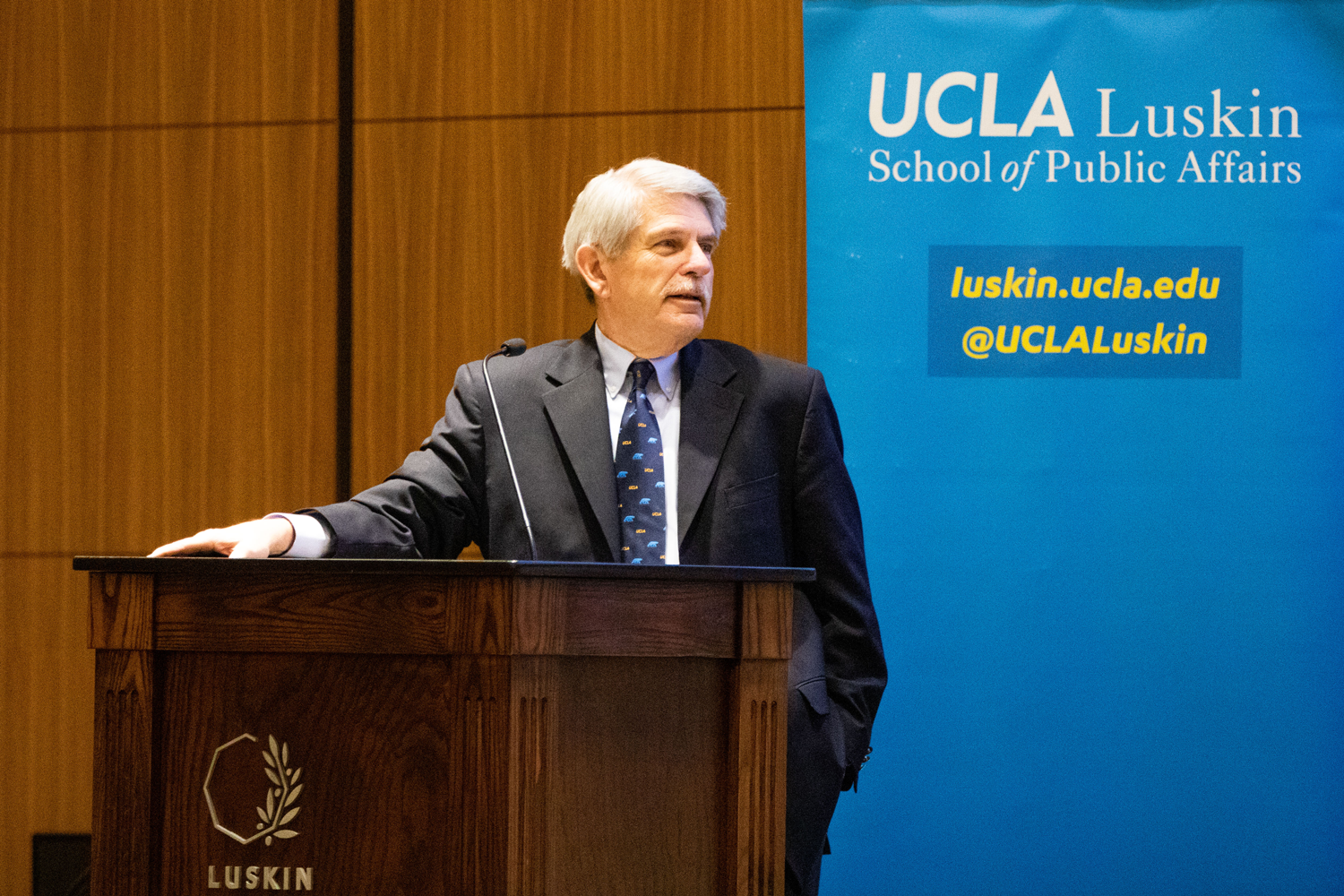
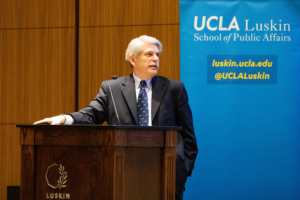
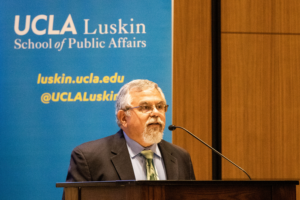
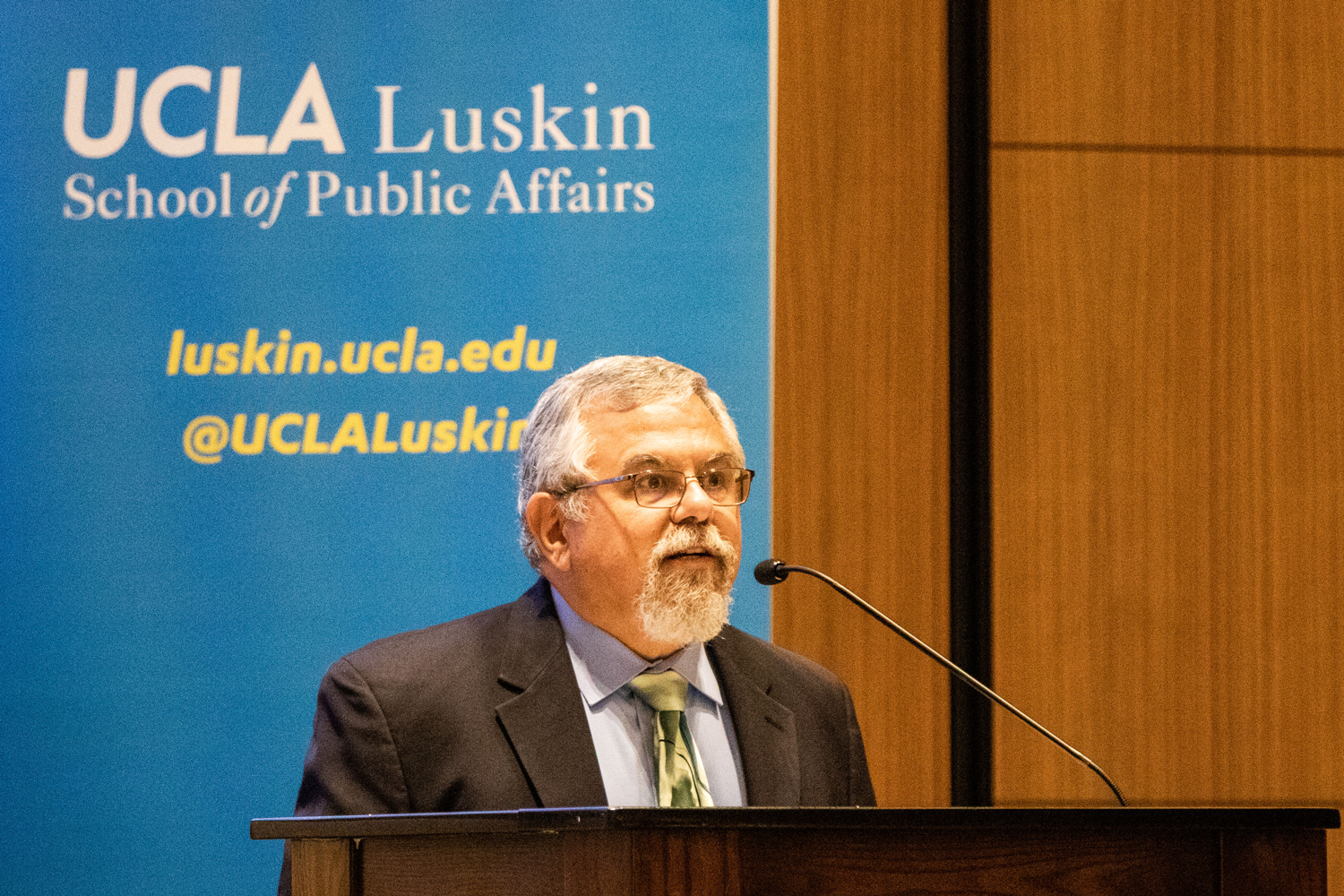
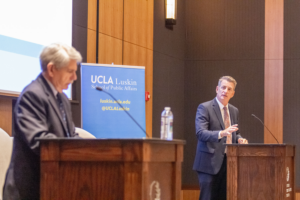
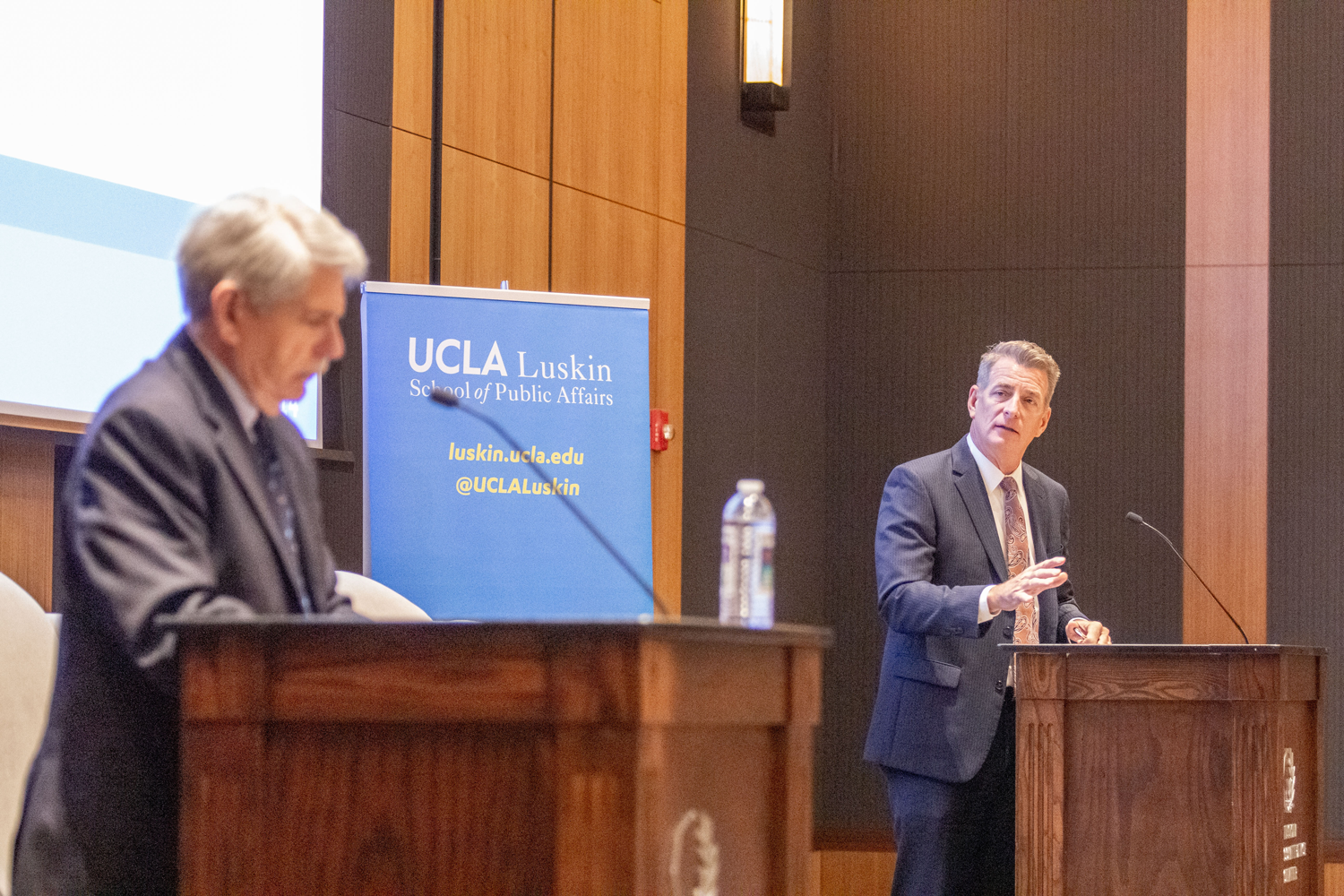
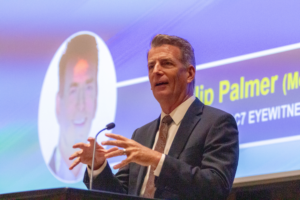
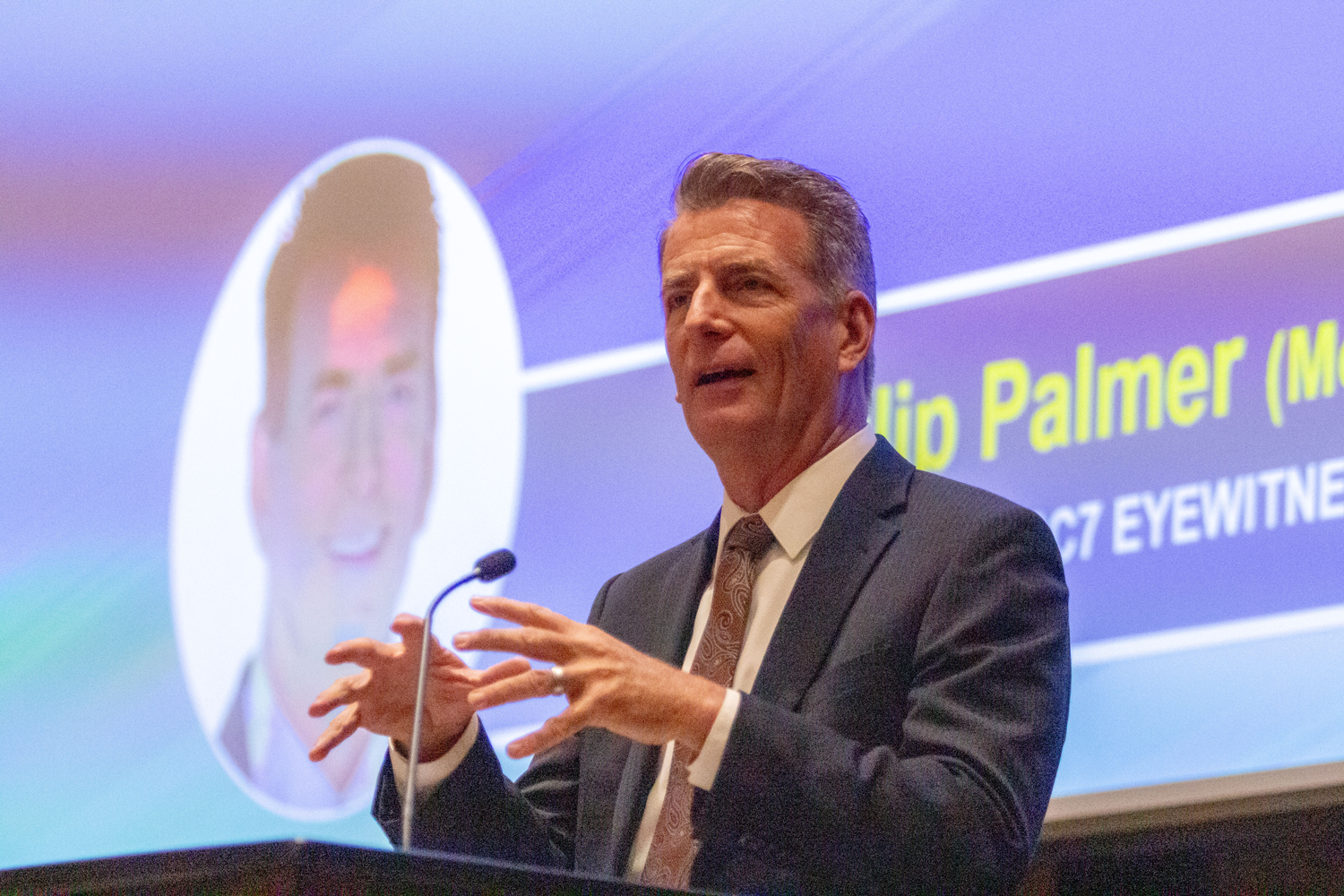
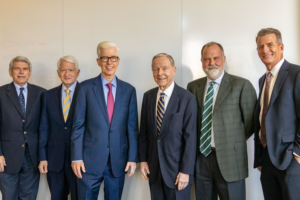

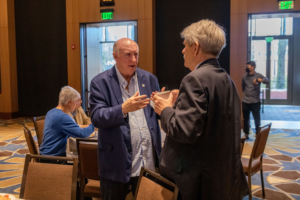
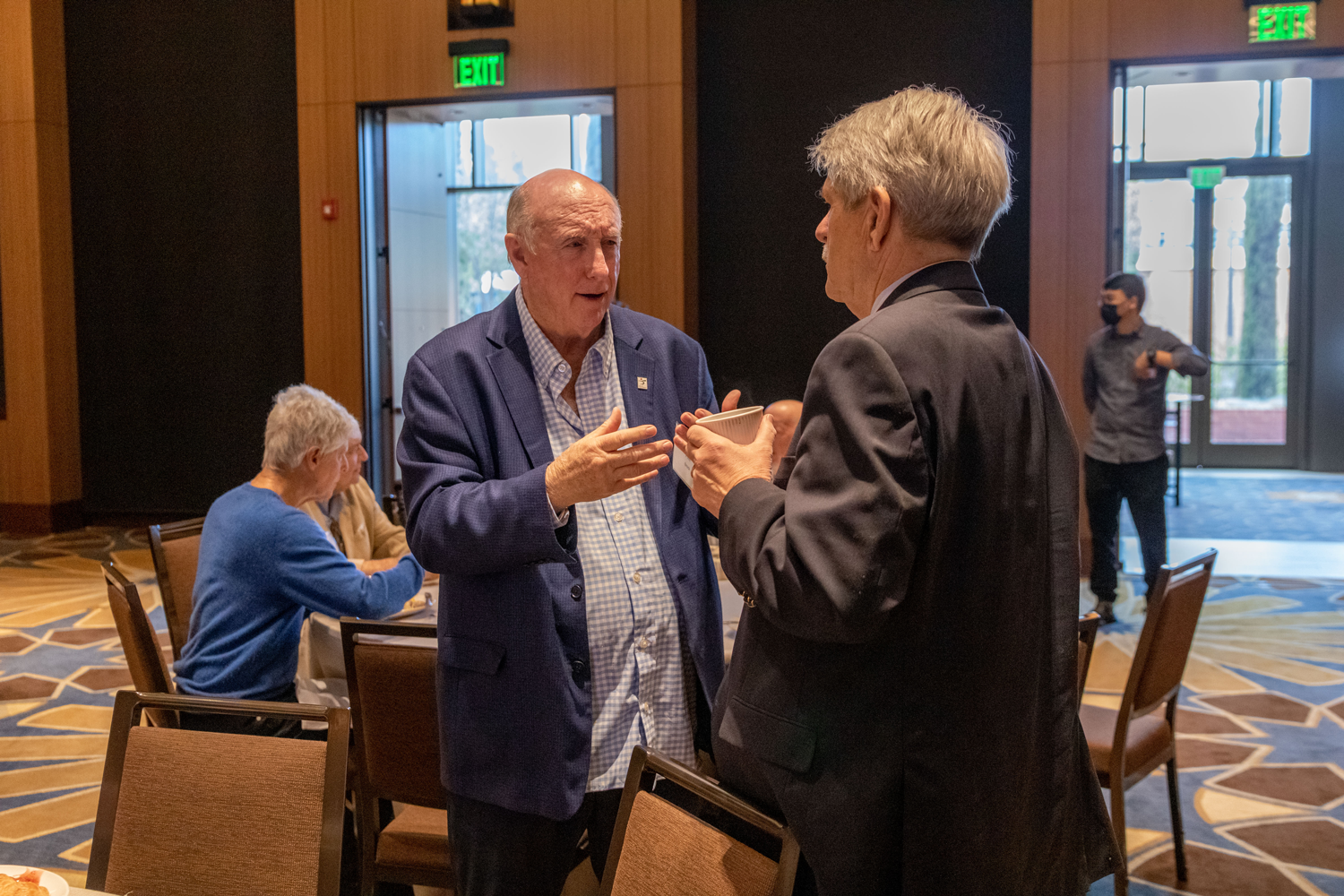
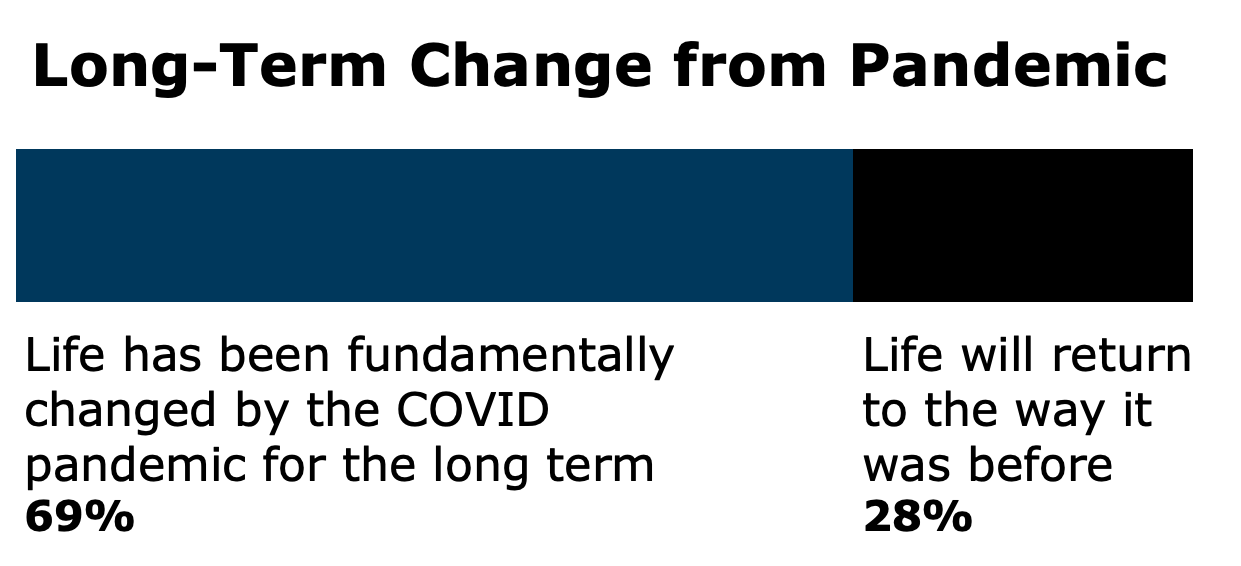 Most respondents, 69%, said life has been fundamentally changed by the COVID-19 pandemic. Only 28% said that life would return to the way it was before.
Most respondents, 69%, said life has been fundamentally changed by the COVID-19 pandemic. Only 28% said that life would return to the way it was before. 